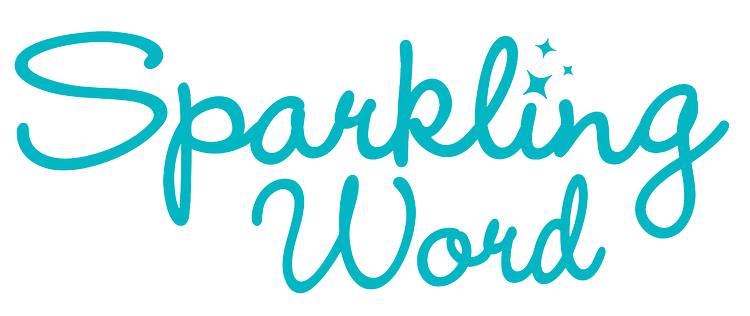“One should use common words to say uncommon things”
I will never forget the first English-written book that I read - The Tipping Point from Malcolm Gladwell. I'm not exactly sure how I came across the book and what made me to start reading it. I remember buying it at Borders shortly after I moved to the United States in June 2008. At that time, my English was far from fluent but I had an unflinching courage to change that. This book is staying with me forever not only because I like it, but also because when I open it, it reminds me how far I have come on my journey of learning English.
My The Tipping Point :)
There were times when it made me uncomfortable that English was my second language. I felt like that words that I'm using should be bigger, more complicated. I believed I should be concocting sentences that are not easy to comprehend at the first time. Being ambitious and somewhat perfectionist in the sense that I like to do things for 100%, I felt awkward when people around me used fancy, impressive sounding words. And I admired their eloquence. When I met Suzanne Grimes, the former President and COO of Clear Channel Outdoor, I admired her exactly for this. I thought she was a great speaker because she used normal words in combinations that I had never heard them in before.
Luckily, I also started paying attention to the fact that clients like the way I speak - simply and clearly. I was "forced" to use simple words because I did not know "bigger" words to say the same thing, but it worked for the best. When I'm doing business with someone, I do not want to show them my impressive vocabulary. I want to make sure that they understand me and my business. I no longer have a problem asking clients to elaborate when they say something I do not understand either. At the end of the day, I realized that fancy-fluffy words decrease clarity and add fogginess.
“Simplicity is the ultimate sophistication.”
About the effectiveness of simple language talks also Sheryl Sandberg in her book Lean In. If we use overcomplicated language, we are most likely burying the lead and our audience is going to lose the bottom line of what we are trying to get across. Sheryl says that even when we communicate truths that might be difficult to accept, we should be simple and say less than more. That way, we will say what we truly want to say.
So, here is a message to all of you out there, who have English as a second language. It's ok that you use common words you know instead of filling empty space with fluffiness. Be proud to speak because it is actually a big deal that you are speaking another language besides your native one. In business, simplicity and bottom line build credibility. Business is not complicated, and there is no need to make it so. Simple clear talk is actually valued and appreciated, and you will actually come across like someone who knows what he/she is talking about. ヅ
More about conversational habits and credibility here:
http://www.inc.com/geoffrey-james/8-conversational-habits-that-kill-credibility.html












